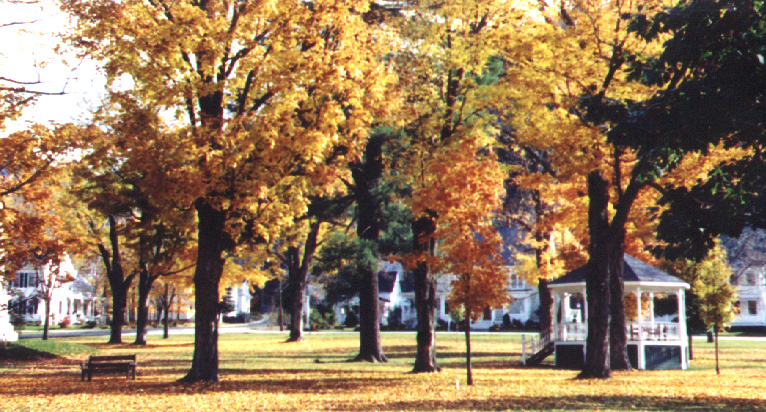
Natural
 What do we mean when we use a word?
What do we mean when we use a word?
Here nature is examined simply for four distinct meanings, even though it may have other definitions.
Origins | Universal substance | Inherent Quality | Urges | Our ambivalence
Consider nature, from natus (to be born).
There are four fundamental but frequently confused meanings for nature.
1. Foremost is the idea of growth and the process referred to a genesis or the origins of life.
2. Being born also referred to the primordial material, arché, in Greek, out of which the perceivable universe is crafted.
3. The word born referred to the internal principle of organization that makes things function according to a process. From (kybernaut) meaning to steer.
4. Finally the word to be suggests urge or impulses meaning the expression of innate responses (hormai) to stimulus from within or outside of a creature, such as reflexive jerking, swallowing, blinking, hunger, affection, grooming, vocalizing, excretion, or even balance,
1, Growth
genesis
"Even in the earliest attested usage genesis is something more than a biological process and the two meanings of 'birth' and 'beginning in being' are intertwined in the pre-Socratic texts....the expression and the notion are unmistakable in Xenophanes and Heraclitus in speaking of the 'birth' and 'death' of physical bodies."
"In all these thinkers, for whom life and movement are inherent in things,
there is an insistence on change -- Heraclitus is only the loudest voice in
a chorus...."
So "life and movement" are among the more obvious qualities of living organisms, but growth is evidence of some movement from a primal stage, through secondary stages to some end point of development. Aristotle extended this process into a law-- an over-reaching law-- but on e that stressed the end to purpose of any growth.
Modern biology just stresses growth--the differentiation and loss of possibilities as creatures age--not some place or point to which growth may or may not be directed. Aristotle argued that the direction of growth was important, as we today focus on what develops from one stage to the next sequence.
2, Original substance
arché
Anaximander suggested a kind of linear genesis for the { arché } whereby other sensible bodies are derived from a single starting point.
Empedocles basic bodies or "roots" of the material world were earth,
air, fire, and water; (see the four elements.) the basic ingredient in any composite
(Aristotle).
"The search for the basic stuff out of which all things are made is the earliest one in Greek philosophy and is attended by the related question of what is the process whereby the secondary things come out of the primary one or ones.
Or to put it in strictly Aristotelian terminology: what is the arché (or archai) and what is the genesis of the synthetic or fused character of the world?"
3, Inherent character
kyber, kybernaut
hyle, material
Hyle is "...a purely Aristotelian term, does not have its origins in a directly perceived reality -- as is true in the case of extension or magnitude -- but emerges from an analysis of change; it is not known directly but by analogy. The difficulty in grasping the nature of matter is that it seems to be outside the range of knowledge: when one has stripped away all the qualities of an existent, there seems to be nothing left.... It is in short potency (dynamis), just as form is act."
Urges
horme, impulse, hormai synonym for orexis
For the Stoics this idea of urge or impulse became associated with appetite. "the first movement of the soul, toward or away from something. The primary hormai all animals is self preservation" On the human level, for humans, "whose characteristic note is rationality, , the presence of hormai that are contrary to reason creates a difficulty. The violent or excessive"display of impulses "are the pathe and their exact nature" (see confusion here with characteristics) with respect to reason, rationality and the higher mental faculties "was debated." Later Stoic though "tended to allow for both the animal and rational nature of man and thus classify the hormai under the irrational part."
affections: "Not only are we more aware of conflicting impulses as we grow older, but the way we resolve tensions among them may change....One expression of that tensions is that some hunter gatherers had rituals for asking forgiveness of the animals they killed."
Arnold Pacey, Meaning in Technology, Cambridge, Ma.: MIT Press, 2001, p. 204
Our double feelings or ambivalence towards nature --to at once possess and be possessed by it-- may originate in both the twin impulses of our inherent characters and the presence of an overwhelming physical presence from which we either recoil or to which we seek to embrace and explore. Human conduct is just not a simple matter, but an ambivalent manifestation of conflicts.
Ecolacy is ecological literacy
Ecology terms and connectedness
Last Updated on 09/11/2011 .
schedule | Research home | Atlas | site | Ecology | laws | reliable web sites | quick look
Science Index | Site Analysis | Population Index | Global Warming Index | Nature Index | Research sites | Genes
The above selections are an interpretation
of
F. E. Peters
Greek Philosophical Terms: A Historical Lexicon
(New York: NYU Press, 1967).
by
Joseph Siry
Science Index | Site Analysis | Population Index | Global Warming Index | Nature Index
Essay about Nature | Research | Population data | Biological diversity | Vocabulary | Antonyms
schedule | Home | methodology | site-map | articles
